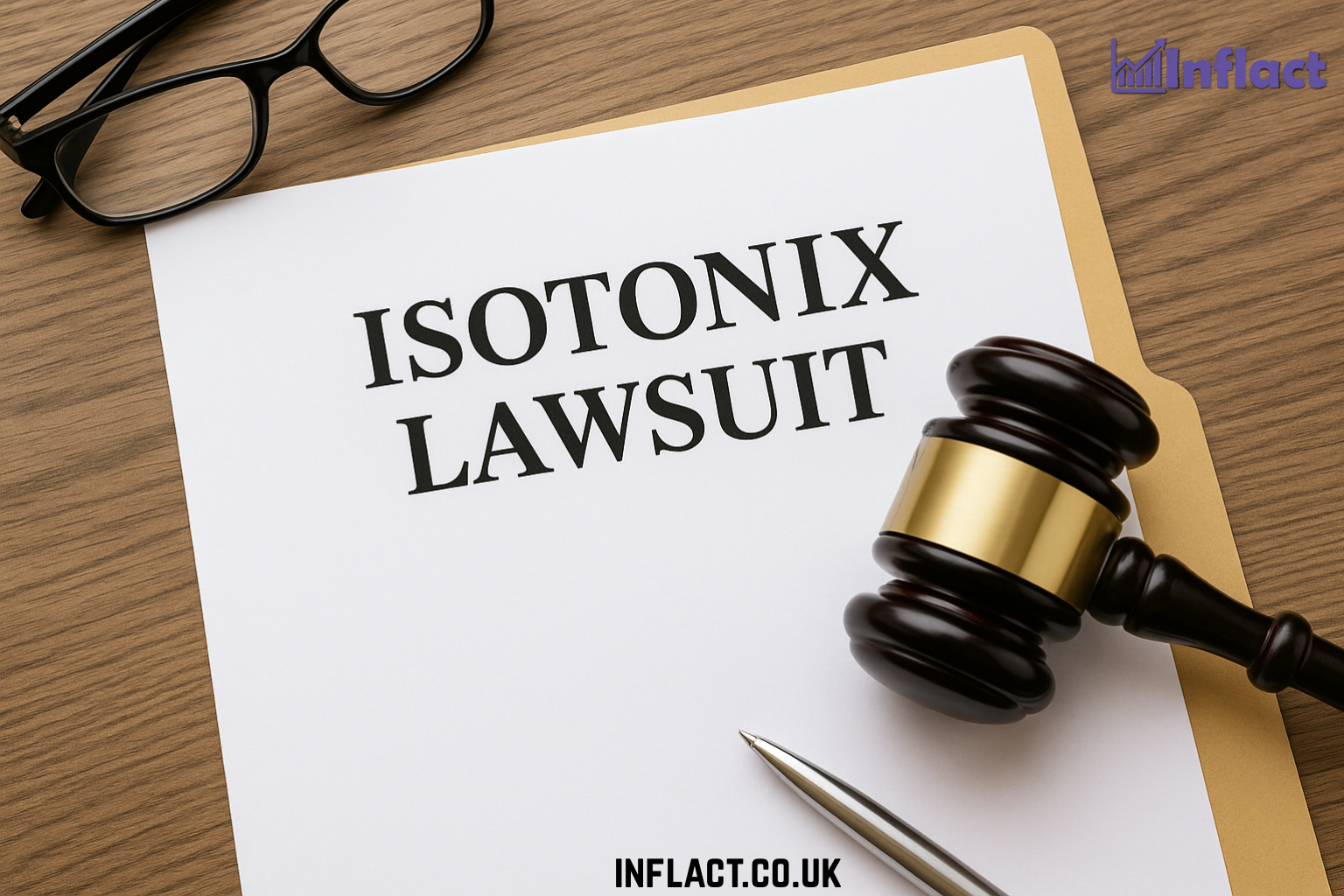Introduction
The Isotonix lawsuit has attracted significant attention in recent years, shedding light on concerns around false advertising, dietary supplement safety, and questionable multi-level marketing (MLM) practices. Isotonix, a well-known line of nutritional supplements from Market America, markets itself on promises of superior absorption and health benefits through its isotonic delivery system. However, a series of lawsuits and regulatory warnings have raised questions about the validity of these claims and the integrity of the company’s business model. Understanding this case is important for consumers, distributors, and anyone interested in the ethics of the supplement industry.
Background: What Is Isotonix?
The Brand and Its Claims
Isotonix is a brand of dietary supplements sold by Market America, a company that uses a multi-level marketing approach to distribute its products. The brand claims its products offer faster and better absorption due to their “isotonic” form — a state said to match the body’s natural fluid pressure, allowing nutrients to be absorbed more efficiently.
These bold claims have helped Isotonix stand out in a crowded market, appealing to health-conscious consumers looking for effective supplements. But these same claims have also been central to the legal and regulatory challenges the company now faces.
Also Read: Dental Implants Abroad Helvetic Clinics: The Smart Choice for a Perfect Smile
Legal Allegations: False Advertising and Regulatory Warnings
Misleading Health Claims
The lawsuits against Market America allege that Isotonix’s advertising misled consumers by exaggerating the health benefits of its products. Critics argue that the “isotonic” delivery system has not been sufficiently proven in clinical trials to deliver significantly better results than conventional supplements.
FDA Warning Letters
In addition to lawsuits, the Food and Drug Administration (FDA) issued warning letters in 2020 stating that some Isotonix products were misbranded and failed to meet labeling standards. The FDA cited violations such as inaccurate serving sizes, unsubstantiated claims, and failure to properly report adverse events experienced by consumers.
These regulatory actions highlight the importance of evidence-based marketing and compliance with federal health regulations.
Multi-Level Marketing Under Scrutiny
Pyramid Scheme Accusations
Market America’s MLM business model has also been scrutinized in legal filings. Some plaintiffs allege that the company operates more like an illegal pyramid scheme, focusing more on recruitment than actual sales of products to end-users. Participants have reported financial losses after investing in inventory, training, and recruitment efforts that yielded little return.
This aspect of the lawsuit underscores ongoing debates about the ethics and legality of certain MLM practices within the health and wellness industry.
Step-by-Step Guide: How to Protect Yourself as a Consumer
If you’re concerned about the claims made by dietary supplements or considering becoming a distributor for an MLM company, here’s a practical guide:
Step 1: Research the Product
Look for independent, peer-reviewed research that supports any health claims. Avoid relying solely on company-provided materials.
Step 2: Verify Regulatory Compliance
Check if the FDA or FTC has issued any warnings about the product or company. These notices are publicly available online.
Step 3: Read the Fine Print
If you’re joining an MLM, understand the compensation plan, costs, and refund policies thoroughly before committing.
Step 4: Track Your Experiences
If you buy or sell the product, keep receipts, packaging, and records of any adverse effects. These may be useful if problems arise later.
Step 5: Seek Legal or Professional Advice
If you suspect you’ve been misled or harmed, consider consulting a lawyer or a consumer rights advocate for guidance.
The Broader Impact on the Supplement Industry
The Isotonix lawsuit reflects growing consumer awareness and regulatory scrutiny in the supplement and wellness sector. With increasing demand for transparency, companies are being held to higher standards of evidence and ethical marketing. This case may influence how other supplement brands formulate their claims, label their products, and structure their sales models going forward.
Also Read: wellhealthorganic.com : Remove Dark Spots on Face Tang – Lemon Juice
Conclusion
The Isotonix lawsuit is a reminder that bold marketing claims in the health industry should always be backed by solid evidence, and that consumers and distributors alike should approach such products with caution. From misleading advertising to concerns about pyramid-like sales structures, the legal challenges facing Isotonix and Market America highlight the need for due diligence and informed decision-making.
For anyone buying supplements or considering joining an MLM, staying informed, skeptical of unsupported claims, and aware of legal protections is crucial to making safe and smart choices.
FAQs
Q1: What is the Isotonix lawsuit about?
The lawsuit involves allegations of false advertising, misleading health claims, and unethical multi-level marketing practices by Isotonix’s parent company, Market America.
Q2: Did the FDA take action against Isotonix?
Yes, in 2020 the FDA issued warning letters citing misbranding, improper labeling, and failure to report adverse consumer reactions.
Q3: Is Isotonix proven to be more effective than regular supplements?
There is no conclusive scientific evidence that Isotonix’s isotonic delivery system offers significantly better absorption or effectiveness compared to conventional supplements.
Q4: Is Market America’s MLM model considered legal?
While MLMs are legal, some lawsuits allege that Market America’s practices more closely resemble an illegal pyramid scheme. These claims are still being examined in court.
Q5: What should consumers do if they’ve had a negative experience with Isotonix?
Document your experience, keep receipts, and consult a consumer rights attorney if you believe you were misled or harmed by the product.




